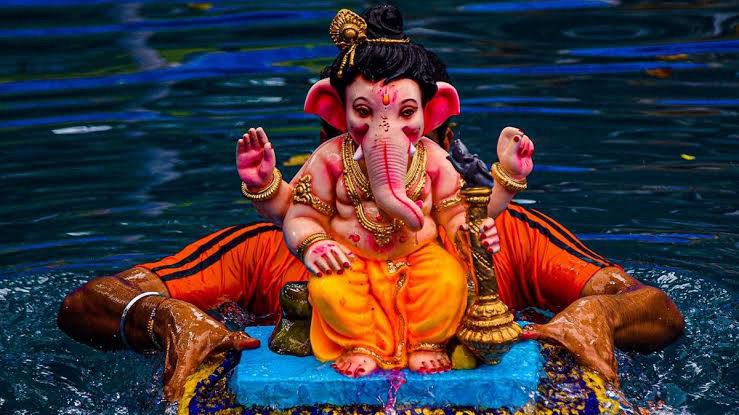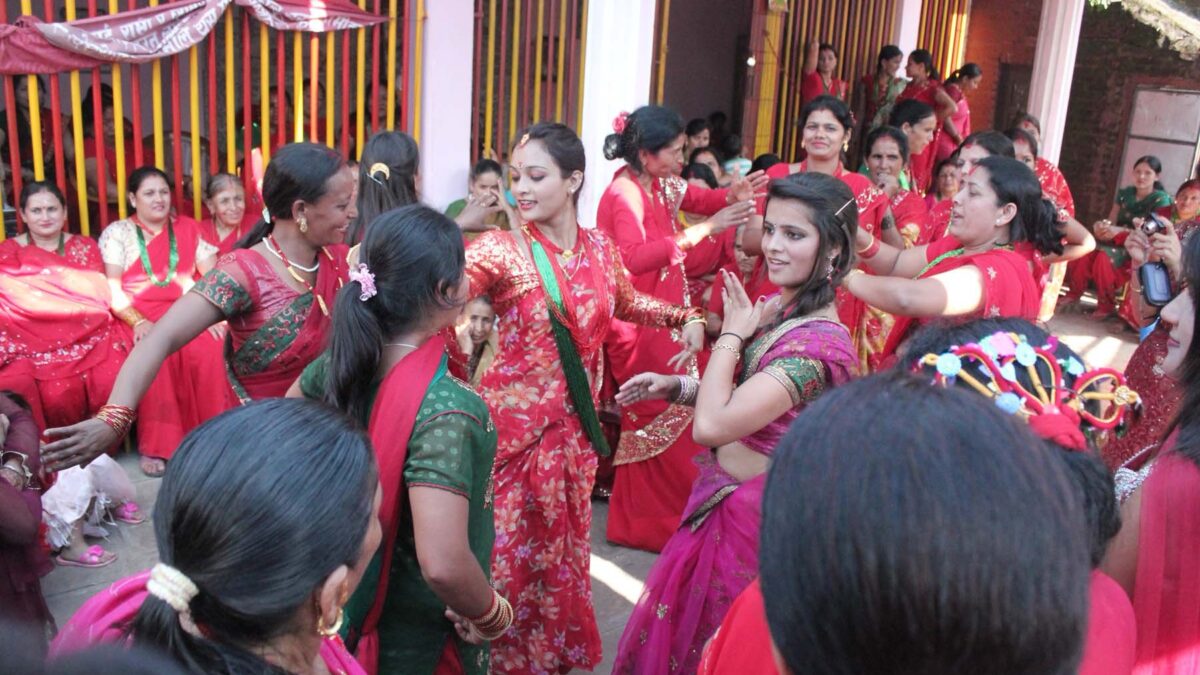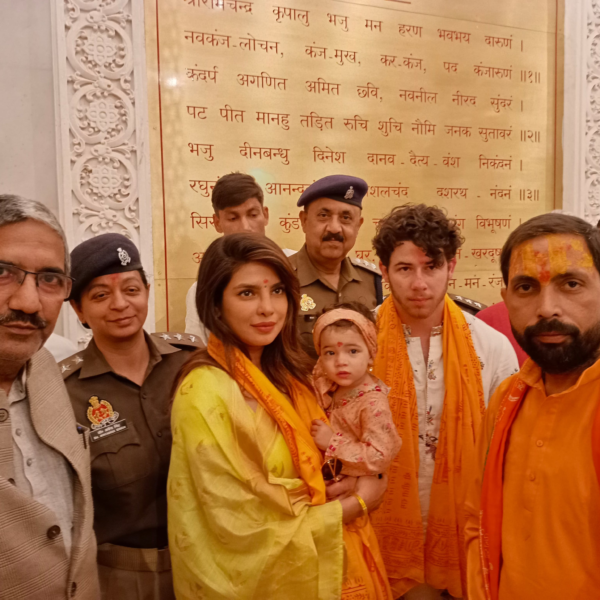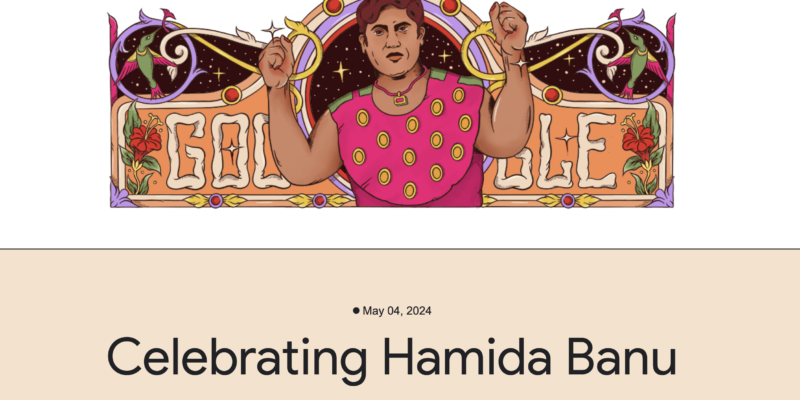
Hamida Banu, India’s pioneering woman wrestler, emerged as a trailblazer in the male-dominated sport during the 1940s and 50s. Born in the early 1900s near Aligarh, Uttar Pradesh, Banu overcame societal norms to pursue her passion for wrestling. Despite facing numerous challenges, her extraordinary feats and unwavering spirit earned her global recognition. Today, as Google honors her with a Doodle, we reflect on the incredible life and legacy of this remarkable athlete.
Early Life and Rise to Fame
Hamida Banu hailed from a family of wrestlers and was introduced to the sport at a young age. In an era when women’s participation in athletics was discouraged, Banu fearlessly entered the wrestling arena. Her boldness was epitomized by a daring challenge she issued to male wrestlers in 1954: “Beat me in a bout, and I’ll marry you.” This audacious proclamation captured the attention of the nation and marked the beginning of her illustrious career.
Banu’s prowess extended beyond national boundaries, as she triumphed over renowned wrestlers, including Russian champion Vera Chistilin. Her victories were widely celebrated, earning her the moniker “Amazon of Aligarh.” Despite facing opposition and criticism, Banu remained undeterred, cementing her status as a true pioneer in women’s wrestling.
Challenges and Triumphs
Throughout her career, Banu encountered numerous challenges, both on and off the wrestling mat. Despite her achievements, she faced resistance from traditionalists and detractors who disapproved of her unconventional pursuits. On one occasion, she was booed and stoned by spectators after defeating a male opponent—a testament to the prevailing gender biases of the time.
Despite the obstacles she faced, Banu’s determination remained unshakeable. Her resilience and indomitable spirit inspired countless individuals, transcending cultural and societal barriers. Beyond her athletic achievements, Banu was admired for her unwavering commitment to authenticity and self-expression.
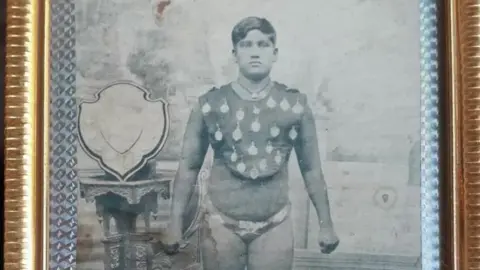
Legacy and Recognition
Hamida Banu’s legacy continues to resonate, serving as a source of inspiration for generations to come. Her fearlessness and pioneering spirit paved the way for future female athletes, challenging conventional notions of gender and athleticism. Today, as we commemorate her achievements, we honor her contributions to the advancement of women in sports.
Google’s tribute to Banu through a Doodle is a testament to her enduring legacy and significance in Indian sports history. Illustrated by Bangalore-based artist Divya Negi, the Doodle captures Banu’s strength and resilience, depicting her in a fighting stance surrounded by flora and fauna.
Personal Life and Later Years
Despite her remarkable accomplishments, Banu faced adversity in her later years. Reports suggest that she experienced financial hardship and struggled to make ends meet. However, her entrepreneurial spirit endured, as she sought to sustain herself through various ventures, including selling milk and homemade snacks.
Banu’s journey serves as a poignant reminder of the challenges faced by trailblazers in their pursuit of excellence. Her story inspires us to embrace courage, resilience, and authenticity in the face of adversity, leaving an indelible mark on the annals of Indian sports history.
Hamida Banu’s remarkable journey exemplifies the power of determination, resilience, and unwavering self-belief. As India’s first woman wrestler, she shattered stereotypes and blazed a trail for future generations of female athletes. Today, we celebrate her legacy and honor her contributions to the world of sports, ensuring that her pioneering spirit continues to inspire and uplift us all.


